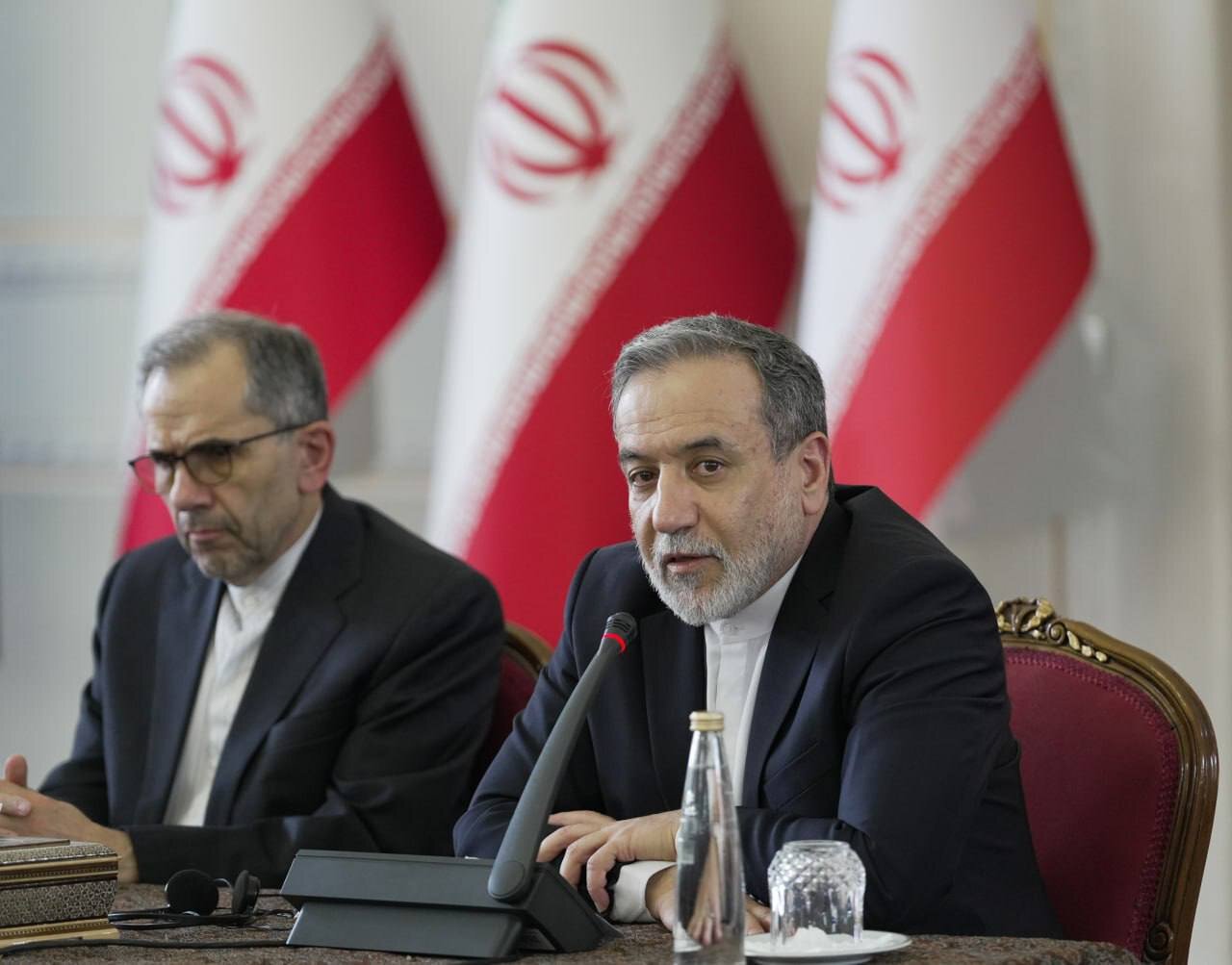Snapback will end Europe’s engagement on Iran’s nuclear program, FM warns

TEHRAN – Iranian Foreign Minister Abbas Araghchi has cautioned European powers that activating the so-called "snapback mechanism" to restore United Nations sanctions would mark the end of their involvement in Iran’s nuclear dossier.
Speaking during a meeting on Saturday with ambassadors, chargés d'affaires, and heads of diplomatic missions in Tehran, Araghchi stated, “If European countries proceed with the snapback mechanism, resolving Iran’s nuclear case will become far more complex.”
He warned that the UK, France, and Germany (E3) are making a serious misjudgment by believing the snapback mechanism gives them strategic leverage over Iran’s nuclear program. Despite ongoing indirect talks with the U.S., Iran has maintained contact with the E3, with Araghchi stressing that Europe still “has a role to play in diplomacy.” However, he cautioned that triggering snapback would severely hinder diplomatic efforts.
The mechanism would reinstate six previous UN Security Council resolutions from 2006 to 2010, including an arms embargo on Iran and restrictions on weapons exports. It would also reimpose sanctions such as asset freezes, travel bans, and export controls.
While Iran remains under severe U.S. "maximum pressure" sanctions, officials argue that restoring UN sanctions would have minimal additional impact, as Tehran has already weathered multiple economic challenges.
No halt in IAEA cooperation
Araghchi clarified that Iran has not ceased cooperation with the International Atomic Energy Agency (IAEA) but will now manage its engagement through the Supreme National Security Council (SNSC) under a revised framework.
As a member of the Non-Proliferation Treaty (NPT), Iran remains committed to IAEA collaboration, though each request will be assessed individually based on national security considerations.
This follows Iran’s recent parliamentary bill, approved in late June, suspending IAEA cooperation after the agency’s reports were exploited to justify Israeli aggression. The bill mandates a halt to all IAEA engagements until Iran receives guarantees protecting its sovereignty, nuclear facilities, and scientists, as well as its rights under the NPT—including uranium enrichment.
Diplomacy the only path forward
Reaffirming Iran’s preference for dialogue, Araghchi stated, “There is no option but a return to diplomacy and a negotiated solution. Recent events have only reinforced this.”
While open to building mutual trust, he stressed that other parties must prove their commitment to genuine negotiations rather than using talks as a tactical ploy.
Araghchi also emphasized that any nuclear talks must uphold Iran’s right to uranium enrichment, calling it a “major scientific achievement” that Tehran will never relinquish. He reiterated that discussions with the West would be strictly limited to the nuclear issue, with no broader agenda.
The warning comes after Israel’s June 13 attack on Iran, which killed military officials, nuclear scientists, and civilians. The U.S. further escalated tensions on June 22 by striking Iranian nuclear facilities, violating international law.
These developments unfolded as Iran and the U.S. were preparing for a sixth round of nuclear talks in Oman, now indefinitely postponed.
Leave a Comment